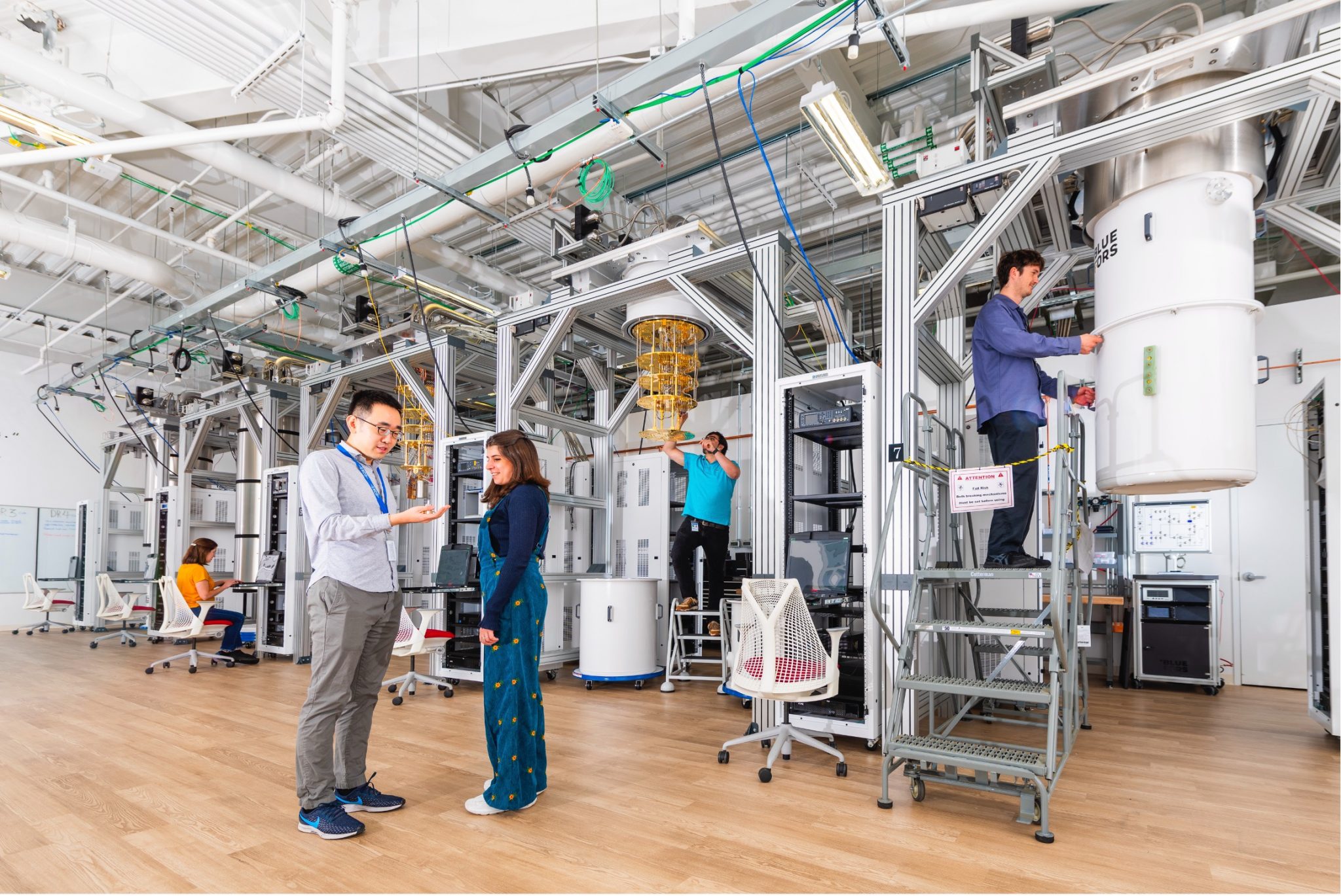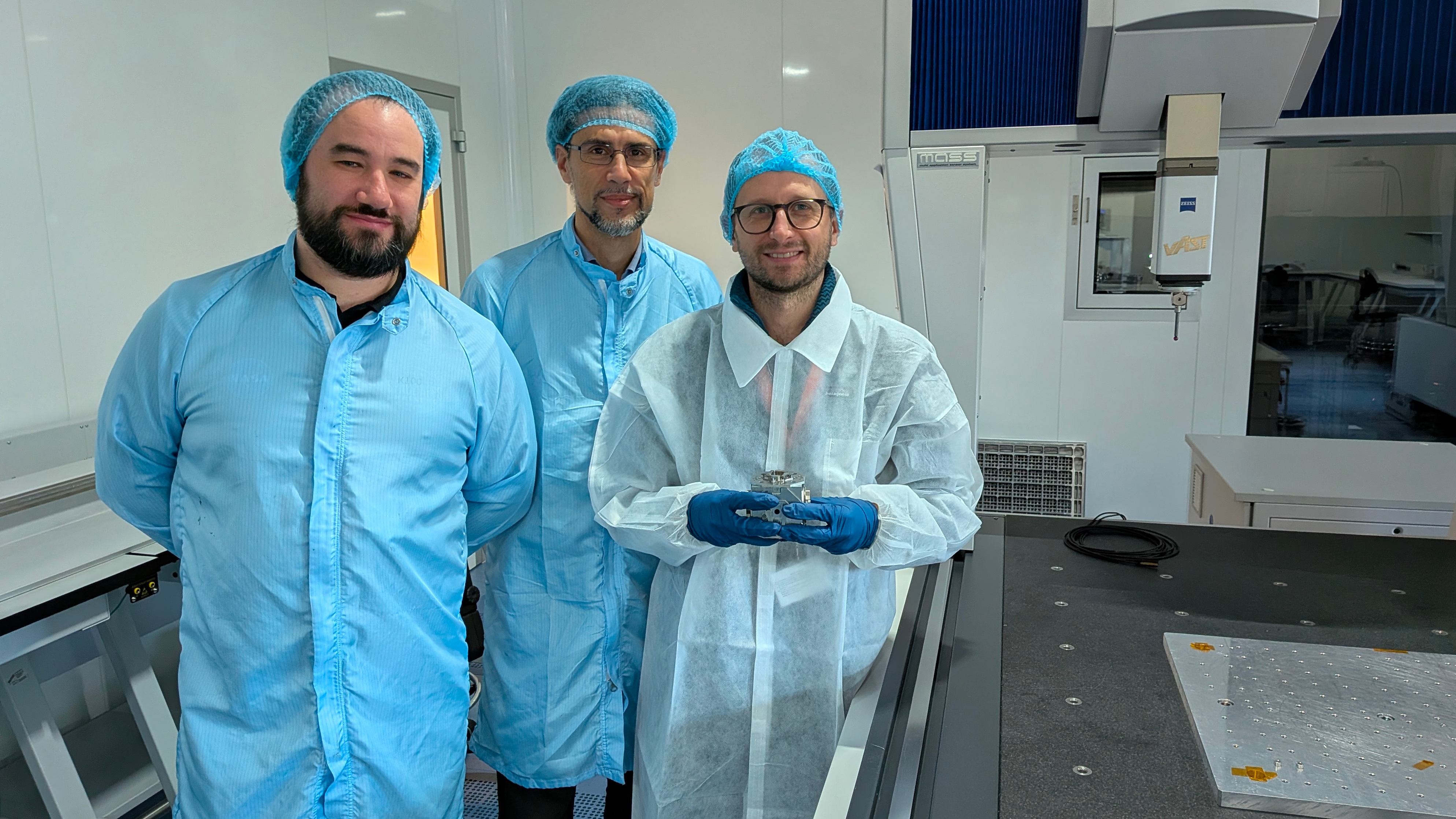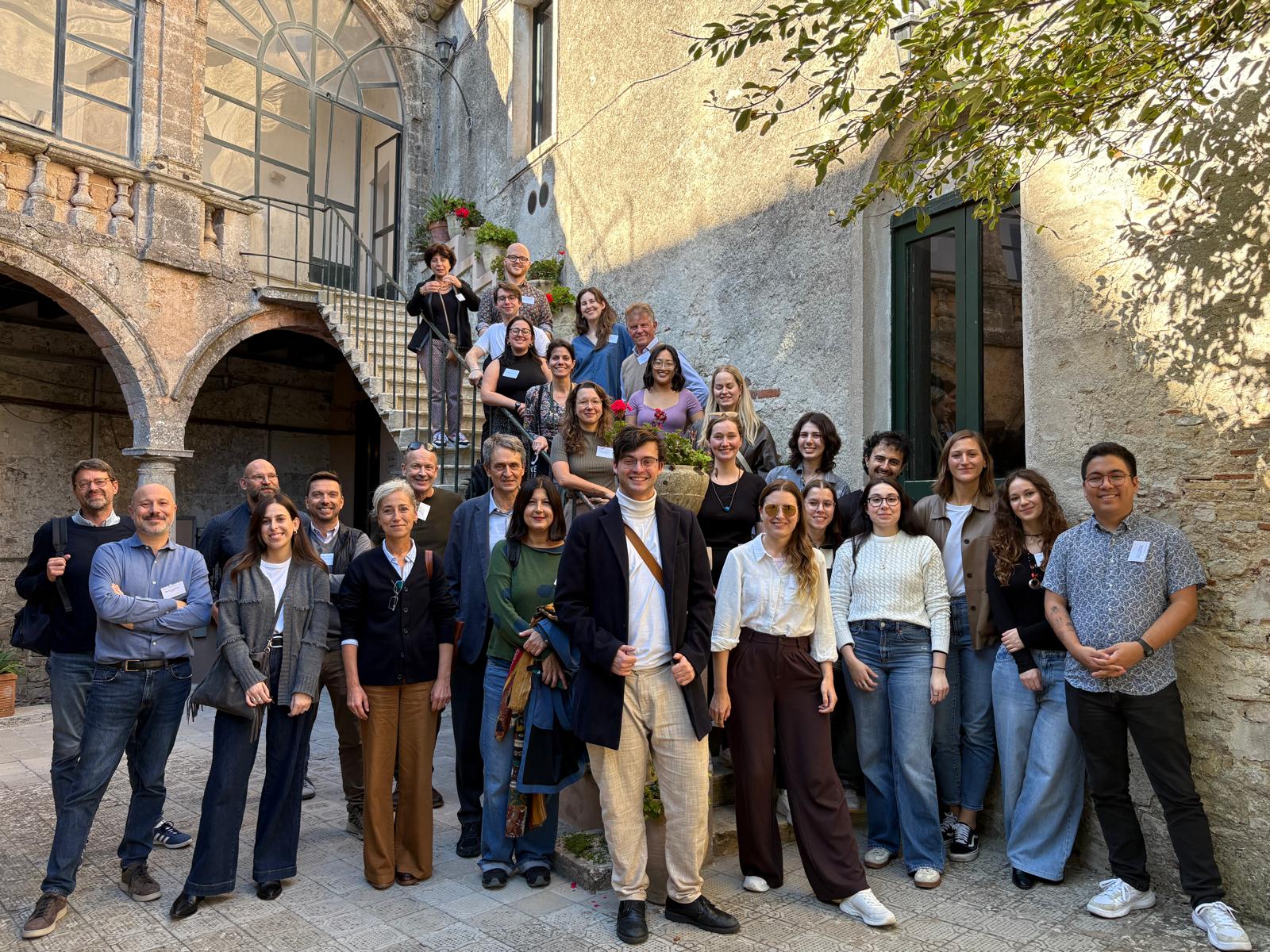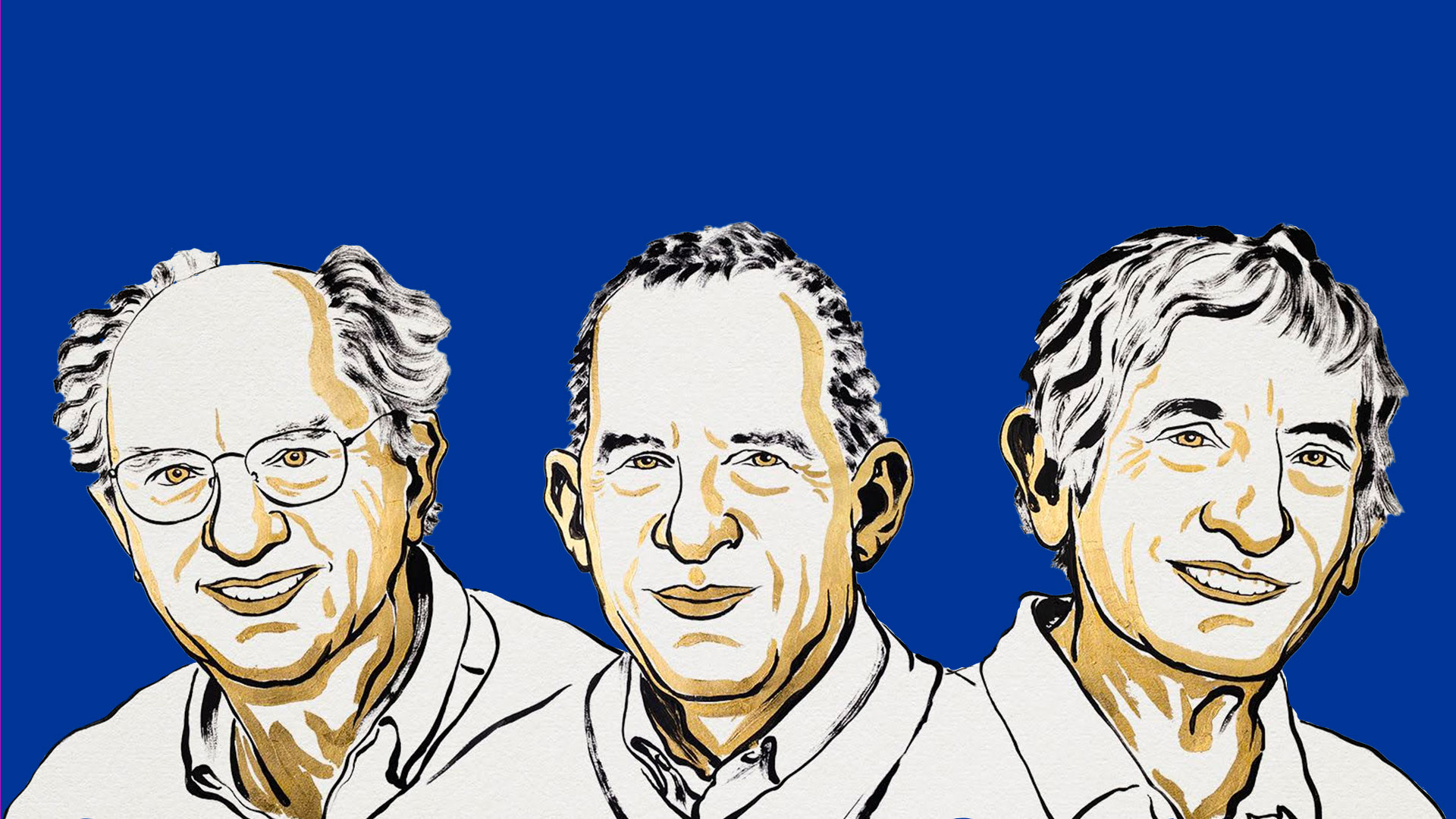 1200 students throughout Italy explored environmental radioactivity: this is what happened on 7 November, the anniversary of the birth of Maria Skłodowska Curie, in more than 50 Italian high schools, on Radon Day, a day organised by the project for the dissemination of scientific culture, RadioLab, which aims to raise the awareness of students and the general public on environmental radioactivity issues.In many cases, the activities by students have been part of School-Employment Alternation Programmes. Radon Day involved high school students from eight Italian cities – Cagliari, Cosenza, Ischia, Lecce, Milan, Padua, Ragusa and Siena – engaged in measuring radioactivity in the field and meetings with researchers. Moreover, for the first time, this year a non-Italian school, the Korça High School in Albania, participated in the RadioLab project
1200 students throughout Italy explored environmental radioactivity: this is what happened on 7 November, the anniversary of the birth of Maria Skłodowska Curie, in more than 50 Italian high schools, on Radon Day, a day organised by the project for the dissemination of scientific culture, RadioLab, which aims to raise the awareness of students and the general public on environmental radioactivity issues.In many cases, the activities by students have been part of School-Employment Alternation Programmes. Radon Day involved high school students from eight Italian cities – Cagliari, Cosenza, Ischia, Lecce, Milan, Padua, Ragusa and Siena – engaged in measuring radioactivity in the field and meetings with researchers. Moreover, for the first time, this year a non-Italian school, the Korça High School in Albania, participated in the RadioLab project
You might also be interested in

Quantum computing: INFN and the US SQMS laboratory renew their collaboration

Search for new physics: a possible new approach from bent crystals

Einstein Telescope: Lusatia officially enters the competition

Detecting gravitational waves from space: first steps for the LISA mission

ORIGINS. Exploring Science Communication and Journalism
